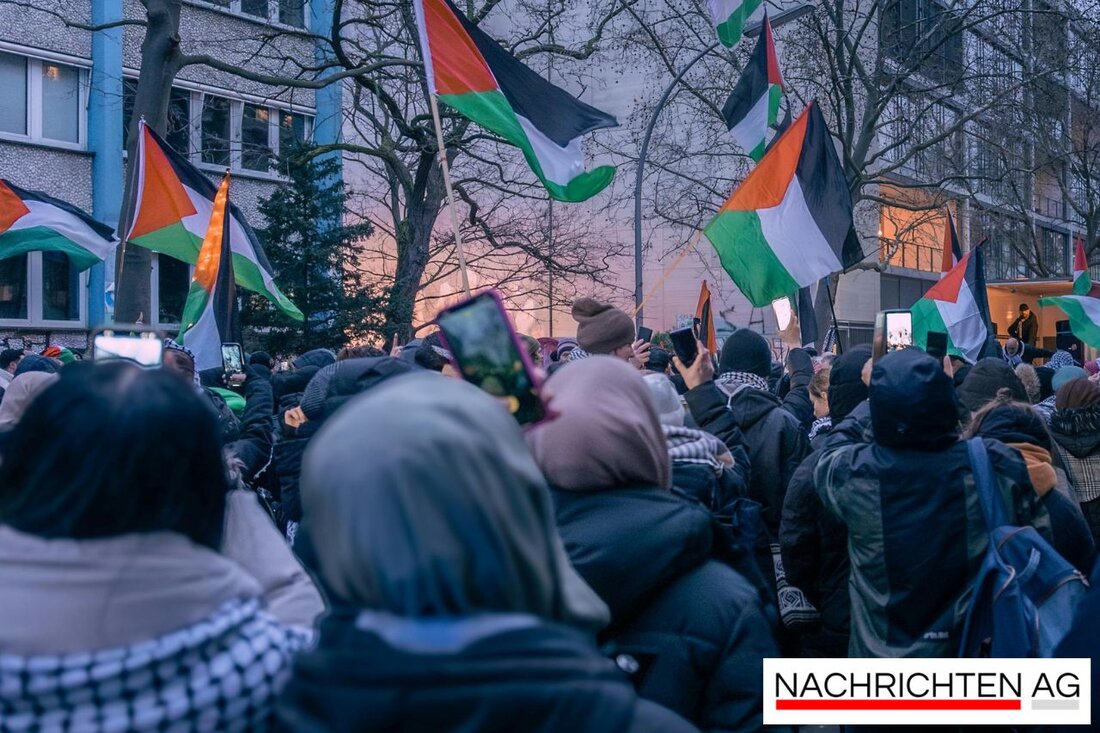Pastor Gerhard Dane talks about faith, doubt and community
The Bedburg pastor Gerhard Dane reflects on his faith and the challenges of the church on October 26th, 2025.

Pastor Gerhard Dane talks about faith, doubt and community
Pastor Gerhard Dane, a clergyman who not only lives his faith but also reflects it, works in the tranquil region between Bedburg and Elsdorf. He has experienced a lot since his ordination in 1967. Dane describes God as omnipresent, similar to air, which is needed to live. For him, the garden and the security of his blanket are particularly important places where he perceives the beauty of life and feels how the Holy Spirit works in him. But his faith is not without questions; he doubts and wonders why God allows suffering and crime. These doubts are part of his honest examination of faith.
Dane, who served as district dean for twelve years, is critical of developments within the church that are not in harmony with the spirit of Jesus Christ. He sees the current church crisis as part of a larger crisis of culture and faith and firmly believes that crises can bring both ends and new beginnings. The perception of the term “church” has also changed; many view it negatively, while Dane sees positive impulses from Vatican II that are often overlooked here.
Interreligious dialogue as an opportunity
Dane is also a proponent of dialogue between different faith communities. He sees conversations with Jewish communities in particular as an opportunity to deepen and expand one's own faith. The Bishop of Rome shares this, how dbk.de reported. During his visits to synagogues, for example in Buenos Aires, he emphasizes the importance of relationships between Jews and Christians. A deep understanding and a fraternal greeting from the Catholic Church to the Jewish communities underline this bond.
“Interreligious dialogue should not only be about promotion and mutual respect, but also respond specifically to current challenges such as environmental protection and peace,” emphasizes the bishop. This happens in a context where January 17th has long been established as a “day of dialogue between Catholics and Jews” and also serves as an opportunity to recognize common roots in faith.
Crises in dialogue
However, these dialogues are not always unproblematic. Felix Körner, a theologian and Islamic scholar, notes that in times of crisis, parts of interreligious dialogue often have to be suspended. After October 7 of this year, when tensions between Israel and Palestine flared up again, religious communities were forced to temporarily break off dialogue. katholisch.de describes how, in such times, sensitive issues often have to be put on hold while urgently needed humanitarian aid is organized at the same time.
Körner emphasizes that courage and the willingness to meet are crucial to conducting a successful dialogue. Factors such as recognition of others and knowledge of one's own religious tradition are essential. Prejudices born of religious ignorance can be broken down through real encounters and shared action.
Ultimately, interreligious dialogue remains a challenge, but also an opportunity to not only develop a better understanding of one another, but also to promote the values of peace and respect. “Churches and faith communities must work together to respond together to the challenges of today,” said Dane. It is these human connections and dialogue that keep faith alive, even in difficult times.

 Suche
Suche
 Mein Konto
Mein Konto